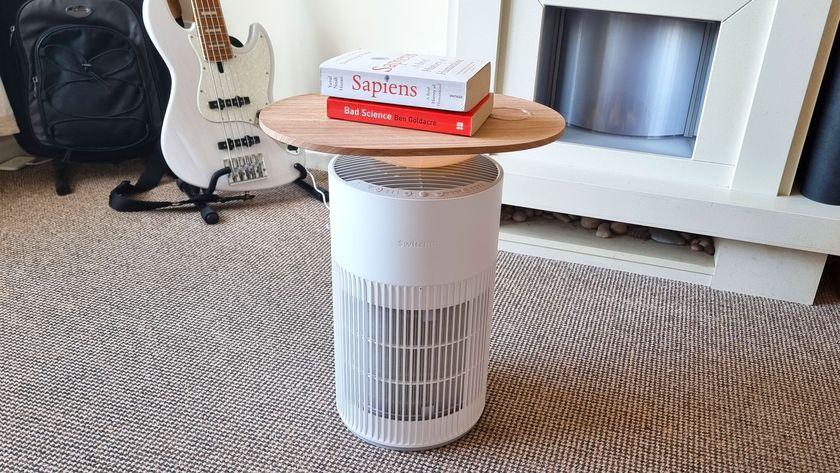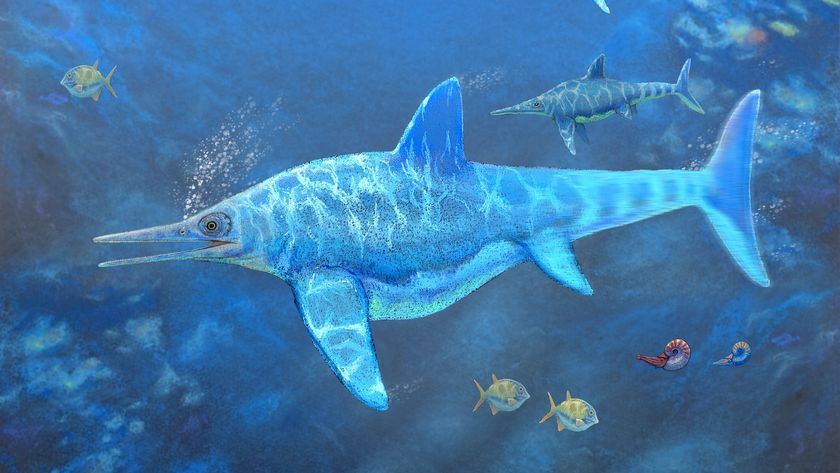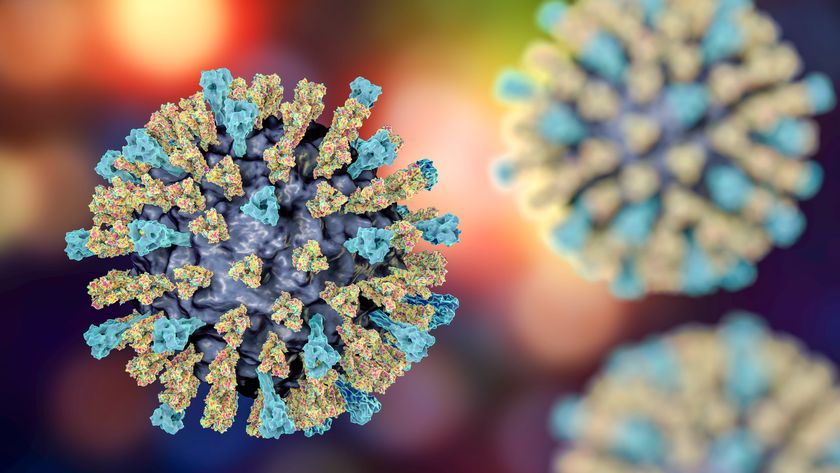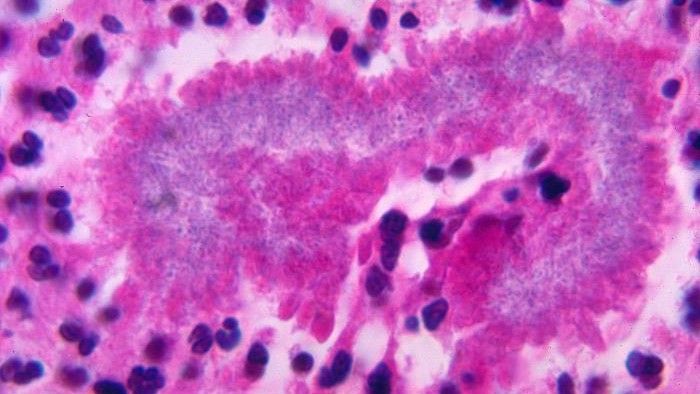Fearful Snail Becomes Better Breeder
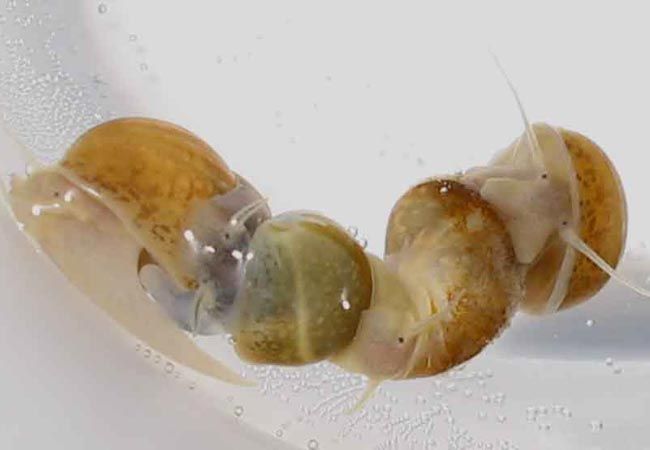
Inbreeding is typically not the best way to produce healthy offspring. But for one snail species, inbred offspring are better than none.
A brown-shelled, freshwater snail, Physa acuta, is a hermaphrodite that will fertilize and lay eggs alone — an undertaking scientists refer to as "selfing" – when no potential mates are around.
New research suggests another factor — the presence of a predator — encourages selfing for single snails and speeds up the time to parenthood.
Scared, single parents
It turned out the scent of crayfish, which eat snails, also has a surprising effect on the next generation of Physa acuta. It increases their chances of hatching and surviving.
"Just by inbreeding in an environment where you are scared, it actually changes the survival of those inbred offspring," said Josh Auld, a postdoctoral researcher with the National Evolutionary Synthesis Center in Durham, N.C. The study was conducted while he was at the University of Pittsburgh.
In fact, he found the offspring of a parent that had selfed under the threat of being eaten seemed to fare better than the offspring of a parent that had selfed under the threat of no available mates.
Sign up for the Live Science daily newsletter now
Get the world’s most fascinating discoveries delivered straight to your inbox.
Auld placed 720 snails in separate containers. Some were given access to potential mates for nine hours at a time, while some were kept isolated. Water in which crayfish had fed was introduced into some of the snails' containers, so the smell could convince them an enemy was present.
As hermaphrodites, the snails produce eggs and sperm in the same organ, called the ovotestis. When they are mating, one snail will assume the male role and another the female role. Eggs are fertilized internally and then laid.
The scent of a predator did not affect the time it took the mated "females" to lay their first eggs. But for single snails, the ones that smelled crayfish needed only 23 days to lay eggs versus the normal 67 days for single snails. (In a predator-free environment, single snails actually waited longer to lay eggs than did those paired with a mate.)
The next generation
In general, inbred offspring are less likely to survive because inbreeding increases the chances that harmful genetic mutations will be expressed.
Snail offspring with two parents were almost six times more likely to hatch and survive for several days than were inbred offspring, but that ratio changed when single parents were scared. Two-parent offspring were only about four times more likely to survive as inbred offspring of scared parents.
"It's a lot more complicated than we originally thought," Auld said. "We are still trying to understand how this works under natural conditions."
The study was published in July in the journal Evolution.

